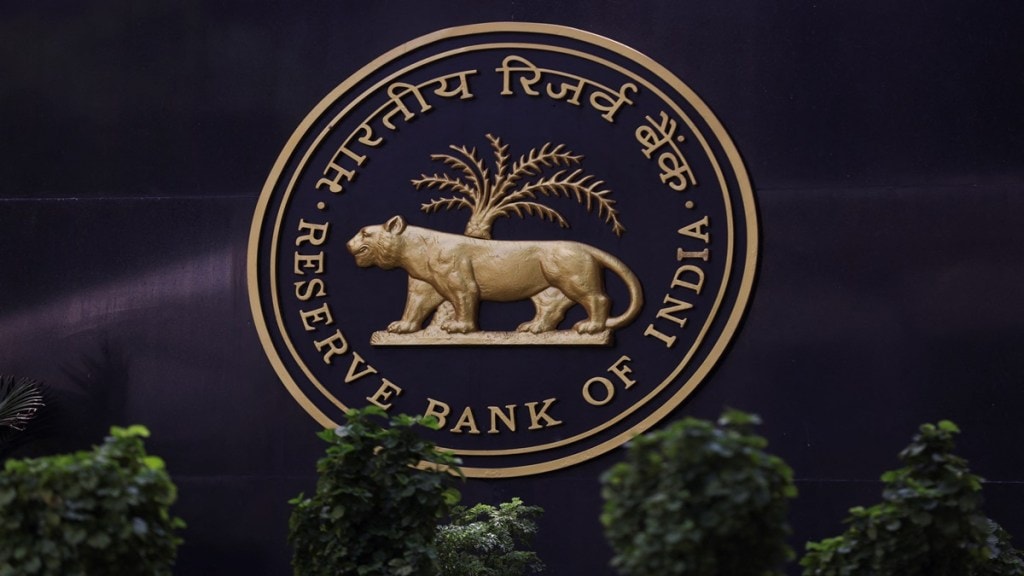Faced with high US tariffs and other challenges in global trade, exporters have asked the Reserve Bank of India (RBI) for a one-year moratorium on interest and principal payments that will allow them time to recalibrate operations and adapt to new market realities.
In a pre-monetary policy meeting with the RBI on Thursday, the Federation of Indian Export Organisations (FIEO) said the moratorium could play a pivotal role in avoiding defaults and ensuring the long-term financial health of export-oriented businesses.
It also asked for extending the time period of pre-shipment credit, as due to disruptions in international supply chains, exporters are facing delays in procurement, production, and shipment schedules. Rupee export credit is available for a maximum period of up to the operating cycle or 360 days from the date of disbursement, whichever is earlier.
FIEO on extension of the time period for loans
“The extension of the time period of loans will help exporters manage their working capital effectively, meet quality standards, and uphold contractual obligations without being financially strained due to delays outside their control,” FIEO said.
The exporters have also asked for the Emergency Credit Line Guarantee Scheme (ECLGS), similar to the one provided during COVID. “A similar government-backed, collateral-free credit scheme, tailored for exporters—especially SMEs—will significantly improve access to finance. It will foster market diversification, encourage innovation, and enhance global competitiveness amid emerging tariff regimes,” they said.
FIEO’s request to RBI on assisting MSMEs
They have also asked the RBI to consider extending the export remittance period from nine months to 12 months, as in the current global scenario, delayed payments from foreign buyers and customs-related bottlenecks are increasingly common. For gold jewellery exports against bank or nominated agency gold loans, the extension should be from 90 days to 180 days.
Despite healthy export growth—over 15% in Rupee terms between FY 2021-22 and FY 2023-24—net outstanding export credit declined by more than 5% between March 2022 and March 2024. “Although export credit is classified under priority sector lending, the actual flow remains inadequate. We therefore propose earmarking a dedicated sub-target of 2–2.5% within the overall 40% PSL target exclusively for export credit,” FIEO said.
The exporters also asked the RBI to consider interim tools to cushion exporters from high interest costs until the Interest Equalisation Scheme (IES) is reinstated. Currently, banks are charging a spread of 2–3.5% above the policy repo rate, which undermines price competitiveness, the FIEO said. IES had expired on 31st December 2024.
E-commerce exports, particularly from micro and small enterprises, have emerged as a significant growth engine. However, current compliance procedures are disproportionately burdensome for small-value consignments. “We recommend simplified settlement procedures, including: Raising documentation thresholds, Relaxing realisation norms for such exports,” the FIEO added.

